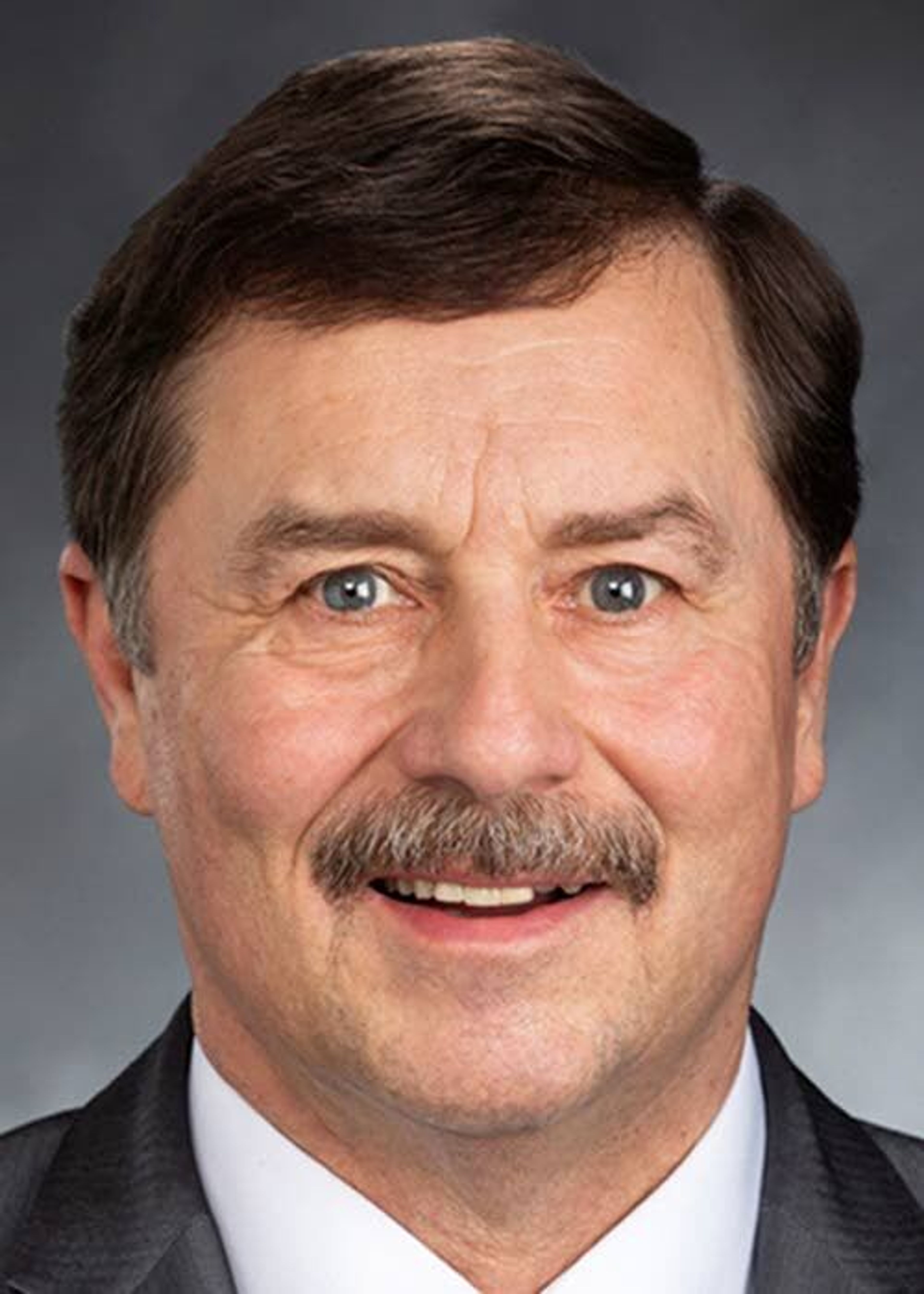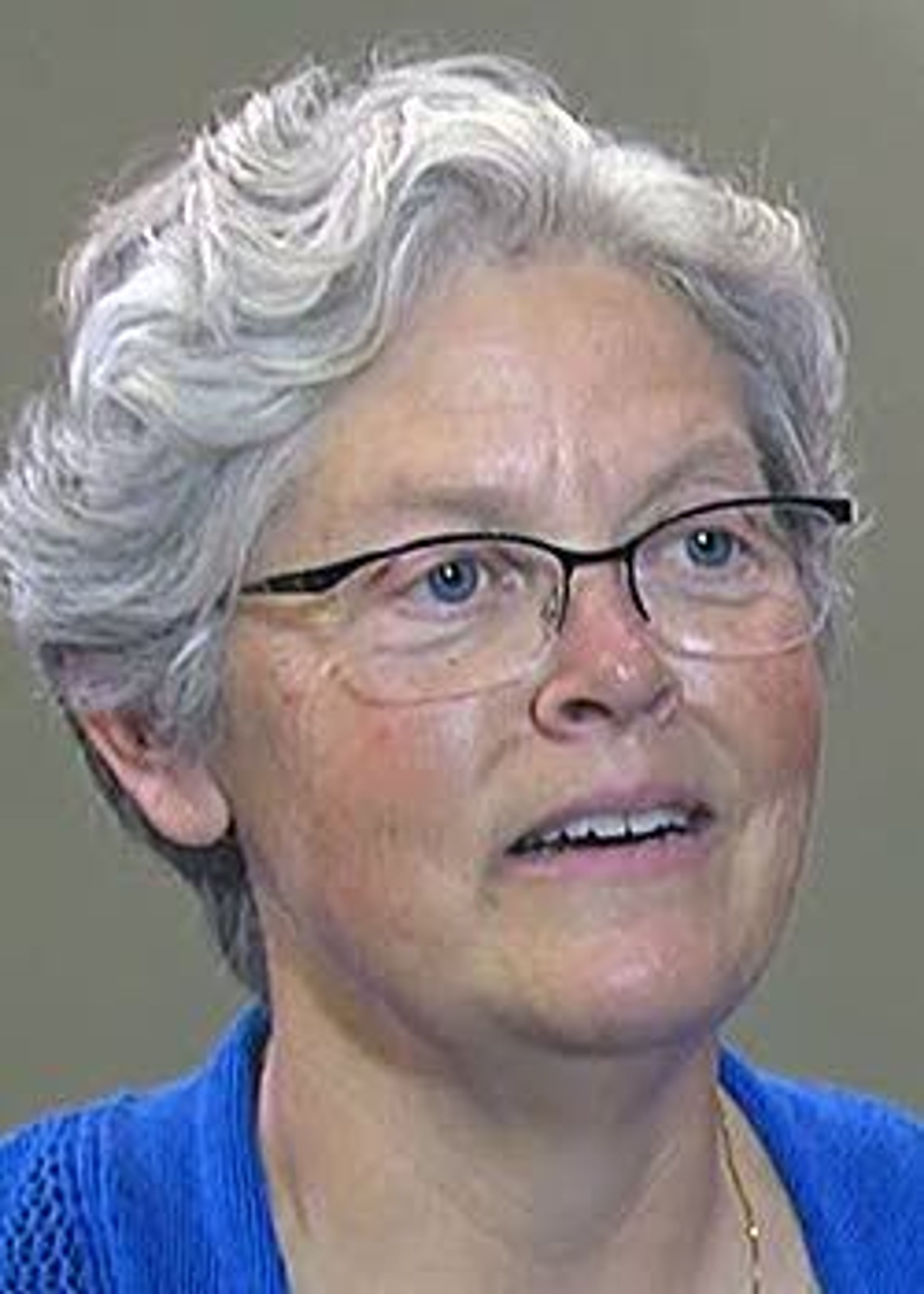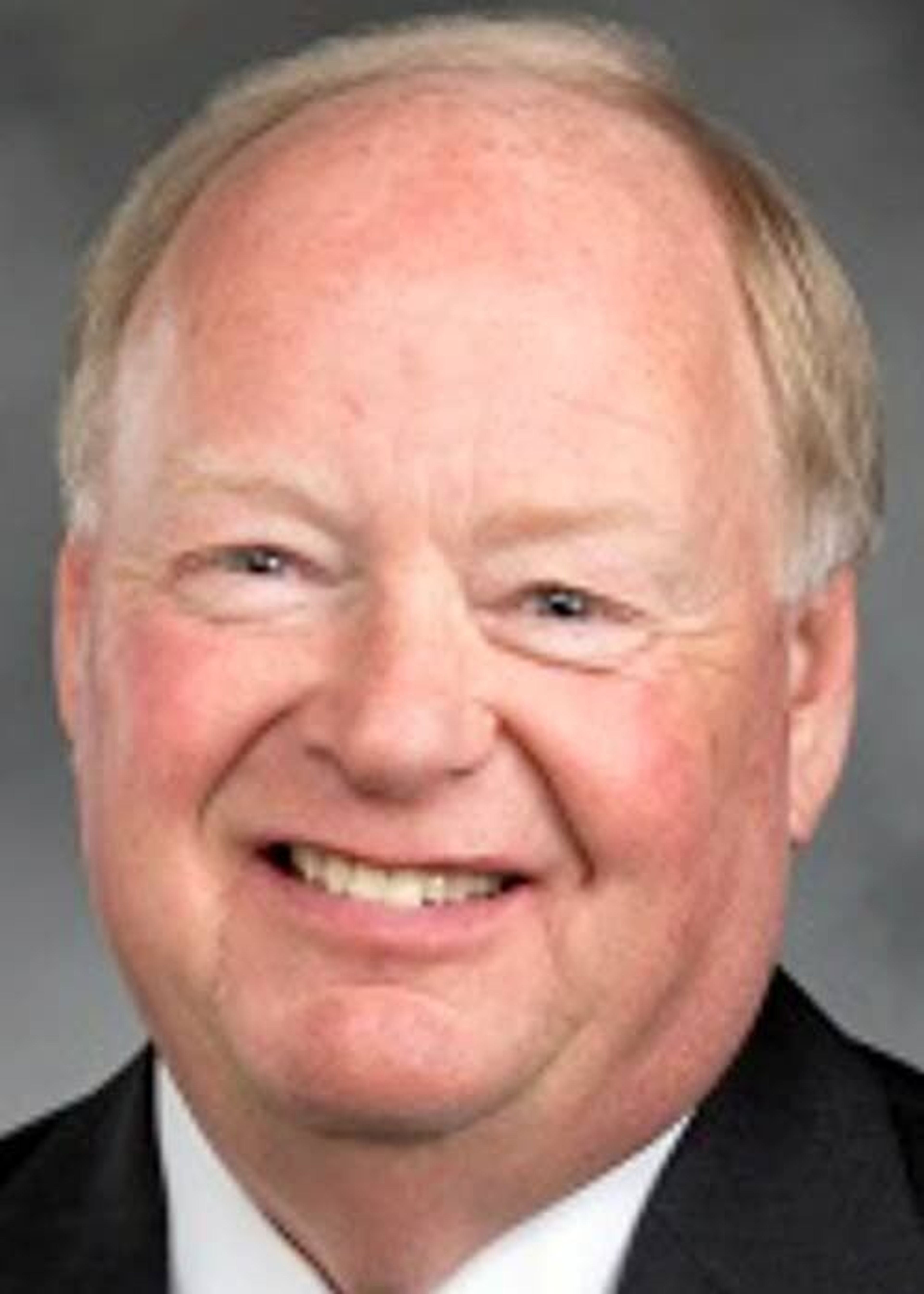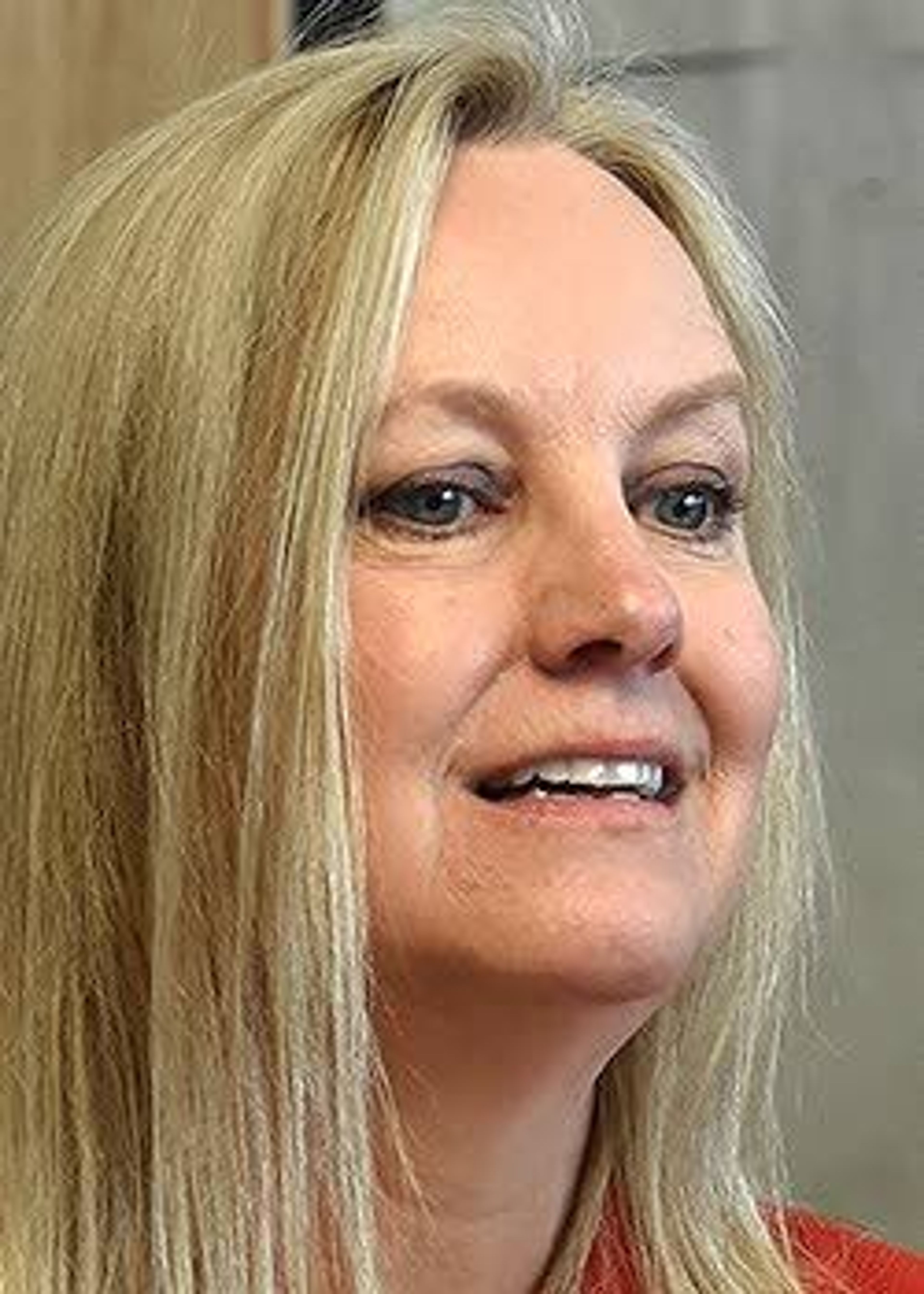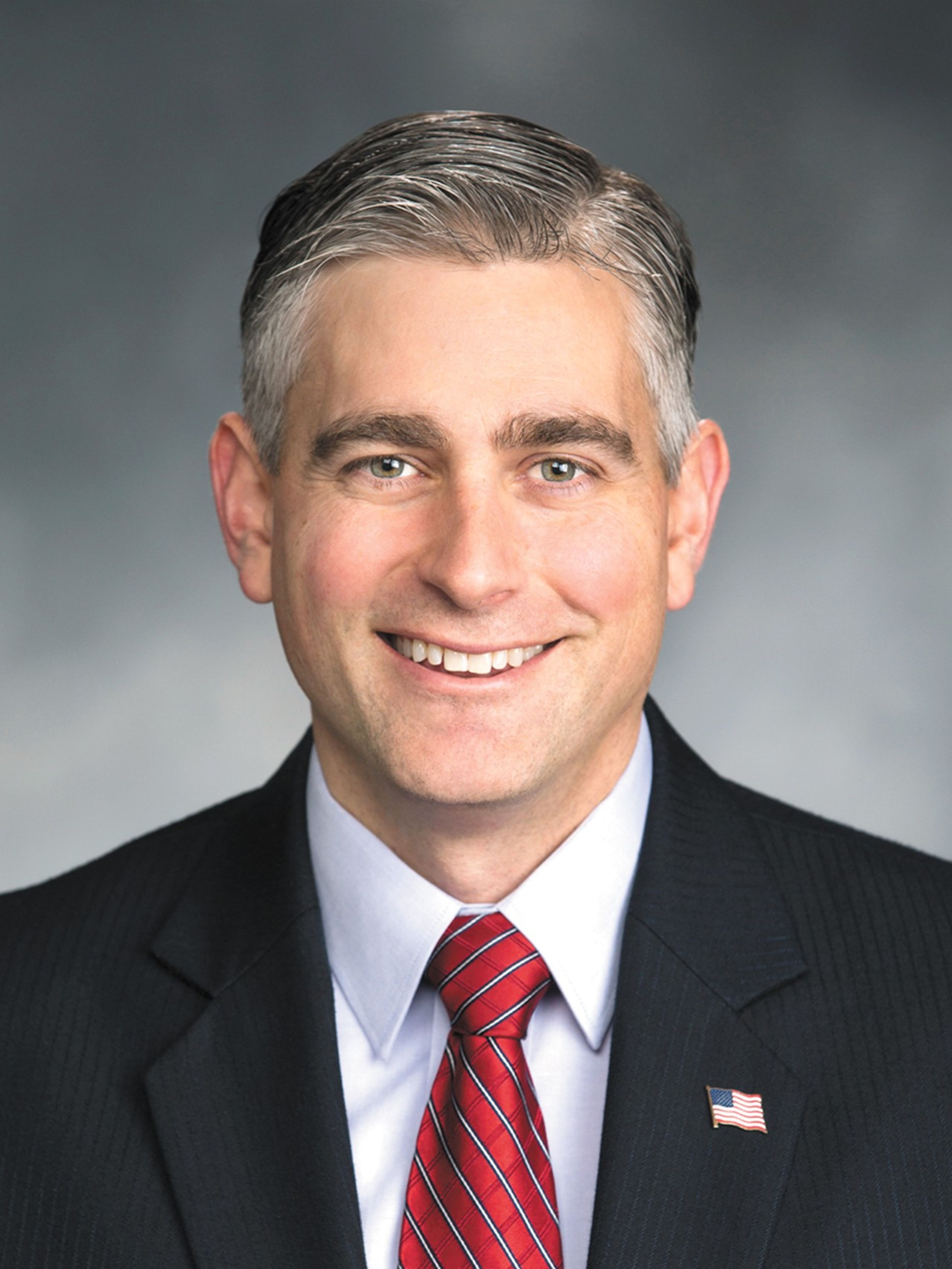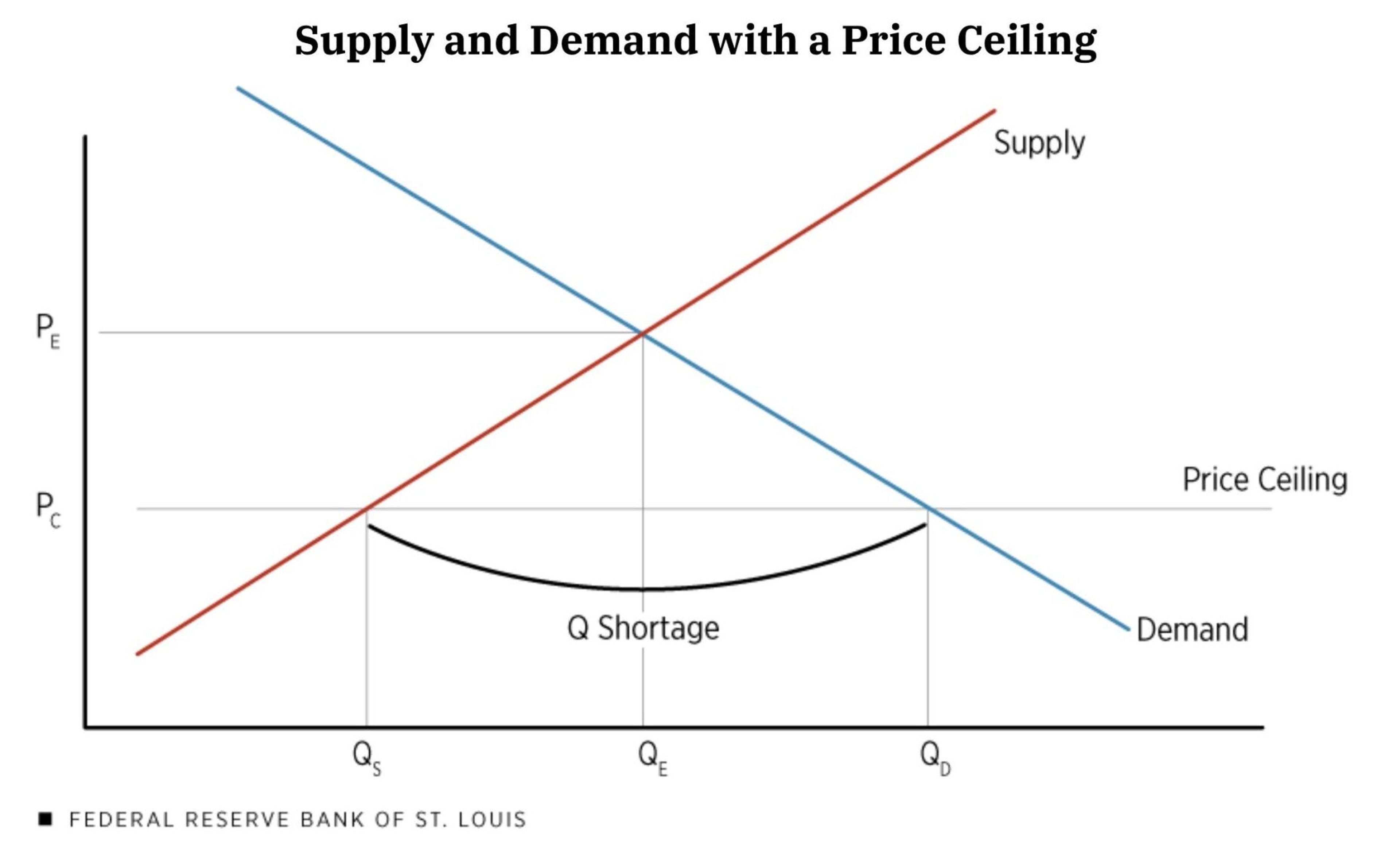Lawmakers dealing with old business
Washington Legislature preparing to address spending, correcting missteps in 2022 session
Out with the old, in with the new.
That’s a common sentiment at this time of year — but not one that Washington lawmakers can fully embrace during the 2022 legislative session, which begins Monday.
Besides focusing on new programs and policy initiatives, lawmakers also need to spend some time dealing with old business this session, correcting missteps and unintended consequences from past legislative actions.
Chief among those is the long-term care tax, which the Legislature approved in 2019.
The tax amounts to 58 cents per $100 in gross wages, or $290 per year for someone earning $50,000. It went into effect Jan 1. It’s intended to address the long-term care needs of eligible individuals by providing a maximum lifetime benefit of $36,500. The money can be used to pay for home health, assisted living and/or nursing home services, beginning in 2025.
Those who purchase their own long-term care insurance are exempt from the tax. Otherwise, employers are supposed to start deducting the money from employee paychecks this month.
Critics have highlighted several issues with the tax. For example, only Washington residents who have paid into the fund for at least 10 years — including three of the last six years at the time they apply for benefits — qualify for benefits. Out-of-state residents who work for Washington firms aren’t eligible, even though they’ll pay the tax. Similarly, people who move out of state lose eligibility, no matter how long they’ve paid into the fund.
There’s also a loophole that lets someone buy insurance to qualify for an exemption, but then drop the policy after the exemption is approved.
“It’s flawed in every conceivable way,” Sen. Mark Schoesler, R-Ritzville, said of the law.
Schoesler has a bill this session to repeal the tax and replace it with a study commission to review private sector options. A lawsuit has also been filed, seeking to overturn the law, and an initiative petition is circulating that would convert it into a voluntary, opt-in program.
In response to the widespread criticism, Democratic leaders recently agreed to postpone collection of the tax until the spring of 2023. They’ll need to pass legislation in the coming weeks to accomplish that.
“The Legislature has the opportunity to delay (the tax) this year in order to make improvements to the fund during the 2022 session, and we fully intend to do so,” noted House Speaker Laurie Jinkins, D-Tacoma, who sponsored the original bill in 2019.
Rep. Joe Schmick, R-Colfax, hopes the Legislature ditches the law and starts over. If that doesn’t happen, though, he has a “fall back” bill this session to address some of its main flaws.
“I’m confident (the long-term care tax) will look different after this session,” he said.
Other items on the agenda for the 2022 session include:
Policing reforms
Law enforcement officials across the state have raised concerns about police reform bills that passed last session, saying they have the potential to reduce public safety and endanger officers.
The reforms came in response to high-profile police shootings in Washington and across the nation. They include measures prohibiting the use of chokeholds or neck restraints and limiting vehicle pursuits for most crimes.
The Washington Association of Sheriffs and Police Chiefs said the reforms could help reduce the number of violent interactions between law enforcement and the public.
However, the group also said it’s “deeply concerned that some policing reforms may have unintended outcomes that result in increased levels of confusion, frustration, victimization and increased crime within our communities.”
The association wants lawmakers to make several changes to the reform bills this session, including clarifying when physical force might be needed and allowing vehicle pursuit in situations where public safety is at risk.
Local government wish list
With state revenue collections on the upswing, Washington counties are hoping lawmakers use some of the money to ease the burden on their local partners.
Whitman County Commissioner Michael Largent, the immediate past president of the Washington Association of Counties, cited public defense spending, transportation funding and the Blake decision as three major areas where counties are hoping to see some consideration.
The Blake decision, which was handed down by the Washington Supreme Court last February, overturned the state’s main drug possession law and vacated decades-worth of minor drug convictions.
The implications of that are still being determined. However, counties may need to refund any fines or fees collected at the time of the conviction; they could also face lawsuits seeking damages.
“It leaves the counties in a precarious position,” Largent said. “We enforced the law on behalf of the state, so to suggest the Legislature doesn’t have any obligation (to cover the cost of the decision) isn’t good.”
Similarly, the counties would like the state to shoulder a bigger share of public defense costs.
“If you force counties to pay for public defense and you pay for it with property taxes, you get justice by geography,” Largent said. “The capacity to provide adequate public defense is determined by the jurisdiction you live in.”
Over the past few years, counties have become more aggressive about pushing back against unfunded state mandates.
In 2019, for example, the association of counties sued the state after the Legislature required counties to increase the number of ballot box collection sites they provide during an election. Whitman County was also a party to the lawsuit.
“We won the case, but it’s being appealed by the state,” Largent said. “That was an egregious example of an unfunded mandate.”
The counties are also considering a lawsuit related to public defense costs, he said, but their preference is to work with the Legislature to address the issue.
“All of these issues impact our general fund budgets,” Largent said. “If we can get some movement on public defense, the Blake decision or transportation funding, it would put Whitman County in a much better position.”
Local legislators
Besides trying to mitigate the long-term care tax, Rep. Schmick has a couple of local bills in the works this session.
One stems from a $2,700 fine the city of Pullman incurred in 2019, after firefighters used a front-end loader to rescue several people trapped by a flood on Grand Avenue.
The Washington Department of Labor and Industries said the city failed to use proper safety restraints — a decision Schmick at the time described as “ludicrous.”
“I was livid,” he said. “I don’t want other towns to have to go through something like that.”
His bill would give the director of the Department of Labor and Industries the flexibility to waive certain fines, based on individual circumstances.
In response to a request from the Asotin County commissioners, Schmick also has a bill allowing counties the option to use local poverty relief funds to pay for the burial of a county resident who died in a neighboring state.
Rep. Mary Dye, R-Pomeroy, hopes to gain traction this session for her Outdoor Recreation and Climate Adaptation (ORCA) plan.
The proposal uses revenues from the Climate Commitment Act to reduce state park camping fees and eliminate the state Discovery Pass. It also provides money for new parks, addresses the growing backlog of park maintenance needs and pays for a variety of healthy forest initiatives and Puget Sound restoration projects.
The plan “focuses on the realities we face today and provides a better quality of life for all citizens,” Dye said in a recent interview.
Gov. Jay Inslee, however, has other ideas for the Climate Commitment Act, which is expected to raise about $4.4 billion over a 10-year period through a new “cap-and-trade” auction program that’s intended to reduce greenhouse gas emissions.
Inslee wants to use the money for various transportation-related emission reduction projects, as well as a new climate investment account to help disadvantaged communities.
Schoesler hopes to advance a bill this session that would require school districts to set up an account to address long-term maintenance needs.
He sees this as a better approach to funding school maintenance projects, as opposed to alternative proposals that would lower the 60% majority needed to pass school bond levies.
“Schools could deposit up to 3% of the annual budget in the account,” Schoesler said. “The money couldn’t be used for anything other than building maintenance. It beats going to the taxpayer (with a levy request) for things that should be paid for in cash.”
However, Inslee has already unveiled a full slate of new and expanded programs to fund this session. Combine that with this being a short, 60-day session and it’s unclear how much work will actually get done this year.
“When you try to push public policy out in 60 days, rather than 105, it’s not going to be well-baked,” Schoesler said.
Spence may be contacted at bspence@lmtribune.com or (208) 791-9168.
